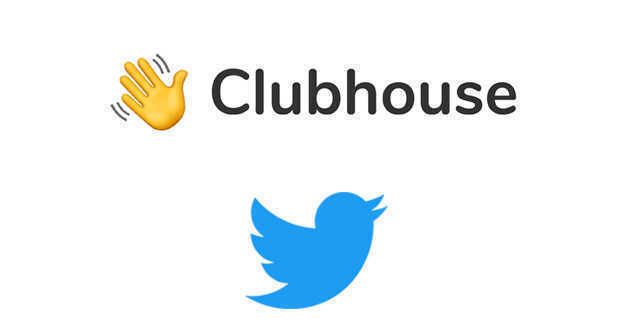
Clubhouse versus Twitter Spaces: The first mover drop-in audio chat platform has the edge for now


Last weekend, drop-in audio chat platform Clubhouse became available to the vast population of Android users in India. In a matter of days, Clubhouse surpassed a million downloads on Android.
But is Clubhouse a tad late to the Android party? While the San Francisco born audio chat platform flirted with the Indian market with a relatively smaller base of iOS users, rival Twitter fast-tracked Spaces, its Clubhouse challenger product, taking it live on both mobile operating systems.
Now that users are spoilt for choice – there are more such audio chat platforms in the market – let’s take a look at how Clubhouse, the first mover in the latest social networking fad of drop-in audio chat platforms, stacks up against Spaces.

Clubhouse offer a fresh ecosystem
While at the core both Clubhouse and Twitter Spaces offer the same experience -- allowing users to drop into ephemeral live audio rooms and listen in, even participate in conversations and debates -- the two products work in completely different ways.
Clubhouse, for instance, is a fresh ecosystem in itself where you join and follow people/clubs from scratch, see their rooms on the feed (much like Instagram) and get notified about when not using the app actively. Users also get to pick interests which define what kind of rooms they see on the feed.

Spaces, on the other hand, integrates into the already existing Twitter ecosystem. Users can see the live audio rooms of people that they are already following. Specifically, if someone you follow hosts a room or speaks in one, you will see it on the top of your Twitter timeline, next to Fleets (stories).
More content on Clubhouse
Given that Spaces is a part of Twitter, a platform with 350 million global users, the reach of audio rooms is automatically maximized. However, despite this advantage, Clubhouse, which has just 10-15 million users globally, seemed to have more active rooms at any particular time. The rooms may not be the most relevant always but are related to the interests selected or people/clubs followed on the app. Spaces perhaps needs to work a bit more on improving the discovery feature.

No closed rooms on Spaces
Hosting a new room is relatively easy on both Clubhouse and Spaces. The latter, however, is only suitable if you want to host open public rooms where everyone following you could join.
On Clubhouse, the offering is more fine-tuned as users get to choose between three options: a room that is open to everyone, a room that is open to people you follow, or a room that is closed and accessible to selected people only.

Clubhouse rooms can have up to 5,000 people. Spaces has no limit, with a maximum of 11 people allowed at speak at the same time.
Privacy
Both Spaces and Clubhouse record audio conversations on their respective platforms.

However, the policy for Spaces states that the recordings will be kept on Twitter’s servers for at least 30 days. This is to ensure that the recordings could be reviewed in case there’s a violation report from a user, according to the microblogging platform. If the violation is detected, the copies could be held for up to 90 days, allowing time for an appeals process from the host in question.
On Clubhouse, the recordings are kept only until the room is live. Once the room ends, the audio is automatically deleted by the company, making it a more private offering for the users. However, in case a user reports an incident (Trust and Safety violation) before the room ends, the company will retain the recording to investigate the case and delete it only after completing the investigation.
There are other notable differences between the two platforms.

For instance, both Spaces and Clubhouse restrict usage in their own ways. Clubhouse can be used only if you are invited by an existing user while Spaces can be hosted only by those who have 600 or more Twitter followers (anyone can listen).
Spaces also lets you report an entire room altogether. This is not the case with Clubhouse which requires users to visit the profile of a violative speaker within a room and report an incident from there. Further, there is no way to switch on captions on Clubhouse, an option users might like.
In the final assessment, despite offering neat platforms to jump into conversations without worrying about participating, both platforms have room for improvement. Spaces, which is already planning ticket sales, co-hosting, and reminder features, could do better with an improved discovery and an option to let users choose what kind of rooms they would prefer from people they follow. Clubhouse, on the other hand, needs minor tweaks such as category-wise browsing of rooms, options to report rooms, hide rooms on the home screen, and a setting to edit interests post initial set up. This could make the room, club, people suggestions more organic and relevant on the platform.
